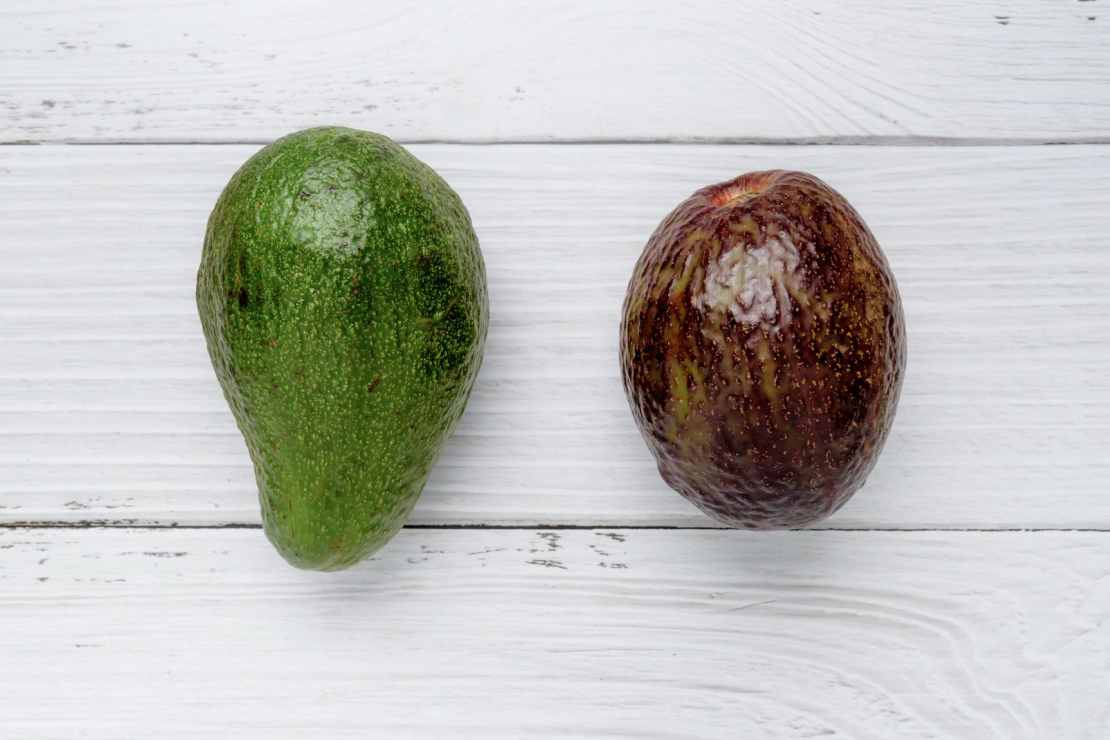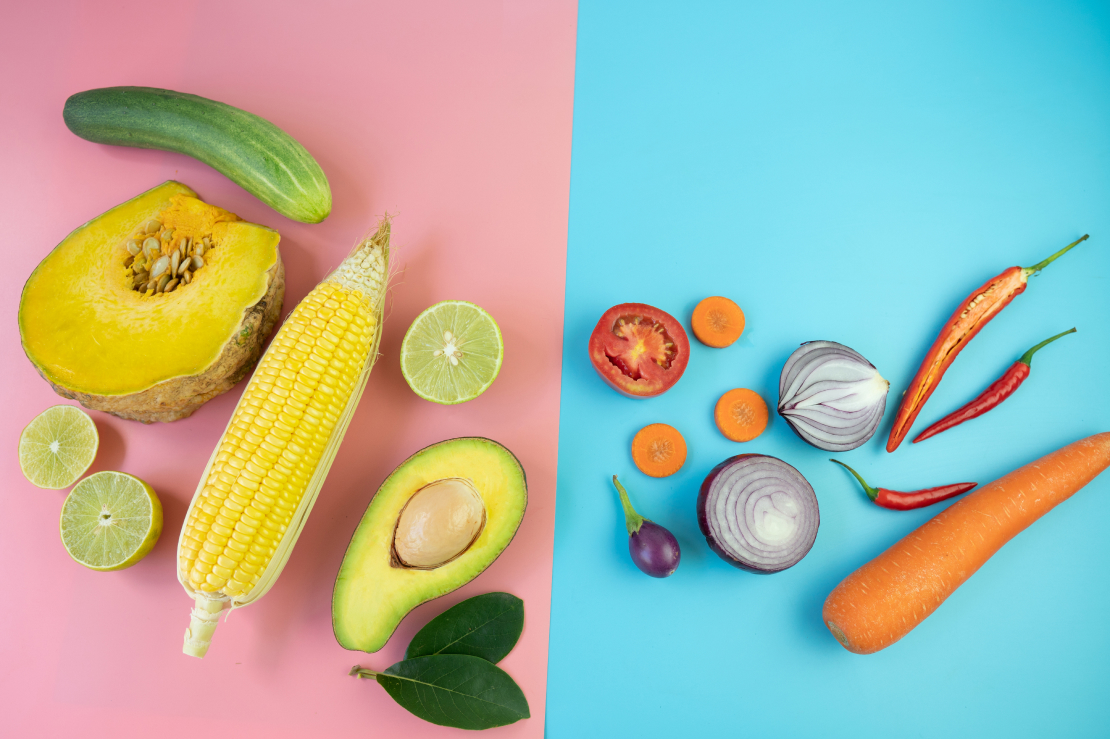Organic vs. Non-Organic Avocados: Is It Worth the Extra Cost?
Dive deep into the debate between organic and non-organic avocados. We compare nutritional value, pesticide levels, cost, and environmental impact to help you make the healthiest, most informed choice for your diet and budget.

Table of Content
The Avocado Dilemma: To Buy Organic or Not?
Avocados have cemented their status as a superfood, beloved for their creamy texture and impressive nutritional profile. As you navigate the produce aisle, you're faced with a common choice: should you splurge on organic avocados, or are conventional ones just as good? This guide will break down the key differences, helping you make an informed decision that aligns with your health goals, budget, and values.
Understanding the "Organic" Label
Before comparing, it's crucial to understand what "organic" means. For a product to be labeled "USDA Organic," it must be grown and processed according to strict federal guidelines. These standards address:
- Soil Quality: Grown in soil free from prohibited substances (like synthetic fertilizers and pesticides) for three years prior to harvest.
- Pest and Weed Control: Managed with natural methods (e.g., crop rotation, natural predators) rather than synthetic pesticides.
- Genetic Engineering: GMOs (Genetically Modified Organisms) are strictly prohibited.
Nutritional Showdown: Is There a Difference?
When it comes to the core nutritional content, the battle between organic and non-organic avocados is less dramatic than you might think.
Scientific studies have generally found no significant difference in the levels of key macronutrients (fats, proteins, carbs) or major vitamins and minerals (like potassium and Vitamin K) between the two. Both types are excellent sources of:
- Healthy Monounsaturated Fats: Crucial for heart health.
- Dietary Fiber: Important for digestive health and satiety.
- Potassium: Helps regulate blood pressure.
- Vitamins K, E, C, and B-vitamins: Essential for various bodily functions.
Some studies suggest organic produce may have slightly higher concentrations of certain antioxidants and secondary plant compounds, but for avocados, the difference is generally considered negligible.
Verdict: Nutritionally, both are excellent choices. Don't let the organic label be the sole deciding factor based on vitamin and mineral content.
The Pesticide Question: The Avocado's Natural Armor
The primary reason consumers choose organic is to avoid pesticide residues. However, this is where avocados have a unique advantage.
Avocados consistently rank at the top of the Environmental Working Group's (EWG) "Clean Fifteen" list—a guide to produce with the lowest levels of pesticide residues. This is largely due to their thick, pebbly skin, which acts as a natural barrier, protecting the edible flesh from chemical sprays.
| Factor | Organic Avocados | Conventional Avocados |
|---|---|---|
| Pesticide Use | Only natural-approved pesticides allowed. | Synthetic pesticides may be used. |
| Residue on Flesh | Extremely low to non-existent. | Extremely low to non-existent.
EWG found pesticides on less than 1% of conventional avocados. |
| Need to Wash | Yes. To remove dirt and bacteria. | Yes. To prevent transferring any surface residues to the flesh when cutting. |
Verdict: For avocados, the risk of pesticide exposure on the part you eat is minimal, regardless of whether you choose organic or conventional. The thick skin is your friend.
Cost vs. Benefit: Is Organic Worth the Price?
There's no denying that organic avocados come with a higher price tag, often costing 30-60% more than their conventional counterparts. Given the minimal nutritional difference and low pesticide risk, is the extra cost justified?
- For Budget-Conscious Shoppers: Conventional avocados are a smart, healthy, and safe choice. You get all the health benefits without the premium price.
- When to Consider Organic: If your budget allows and you prioritize supporting organic farming practices for environmental reasons, then choosing organic is a valid personal choice.
Environmental Impact
This is one area where a stronger case for organic can be made. Organic farming practices are designed to be more sustainable and environmentally friendly.
- Organic Farming: Promotes biodiversity, enhances soil health, and conserves water. It avoids synthetic pesticides and fertilizers that can pollute water sources and harm local ecosystems.
- Conventional Farming: May rely on practices that can lead to soil degradation and water pollution over time.
Verdict: If environmental impact is a primary concern for you, choosing organic avocados supports a more sustainable agricultural system.
Taste, Appearance, and Quality
Taste is subjective, and there is no conclusive evidence that organic avocados taste better than conventional ones. Factors like ripeness, variety (Hass, Fuerte, etc.), and growing conditions have a much greater impact on flavor and texture than whether the avocado is organic.
The Final Verdict: Which Avocado Should You Buy?
For the vast majority of consumers, conventional avocados are a perfectly healthy, safe, and economical choice. Their thick skin provides excellent protection from pesticides, and their nutritional profile is virtually identical to organic varieties.
You should consider buying organic avocados if:
- Your budget is not a primary concern.
- Supporting environmentally friendly and sustainable farming practices is a high priority for you.
- You want to avoid GMOs entirely (though there are currently no commercially available GMO avocados).
- You have a personal preference for organic products for peace of mind.
Frequently Asked Questions
Are organic avocados more nutritious than regular ones?
Current scientific consensus shows no significant nutritional difference. Both are packed with healthy fats, fiber, and vitamins.
Do I still need to wash organic avocados?
Yes. Always wash all produce, including avocados, before cutting. This removes any dirt, bacteria, or surface residues that could be transferred from the skin to the flesh by the knife.
Why are avocados on the 'Clean Fifteen' list?
Avocados are on the EWG's "Clean Fifteen" list because their thick, inedible skin provides a natural barrier against pesticides, resulting in very low to undetectable residue levels on the edible flesh.
"When it comes to avocados, your wallet can breathe a sigh of relief. Conventional avocados offer the same amazing health benefits and low pesticide risk as their organic counterparts, making them a smart choice for any health-conscious consumer."
Start Your Health Journey Today
Download Macro Tracking AI and take control of your nutrition with the power of artificial intelligence.
Download on App Store

